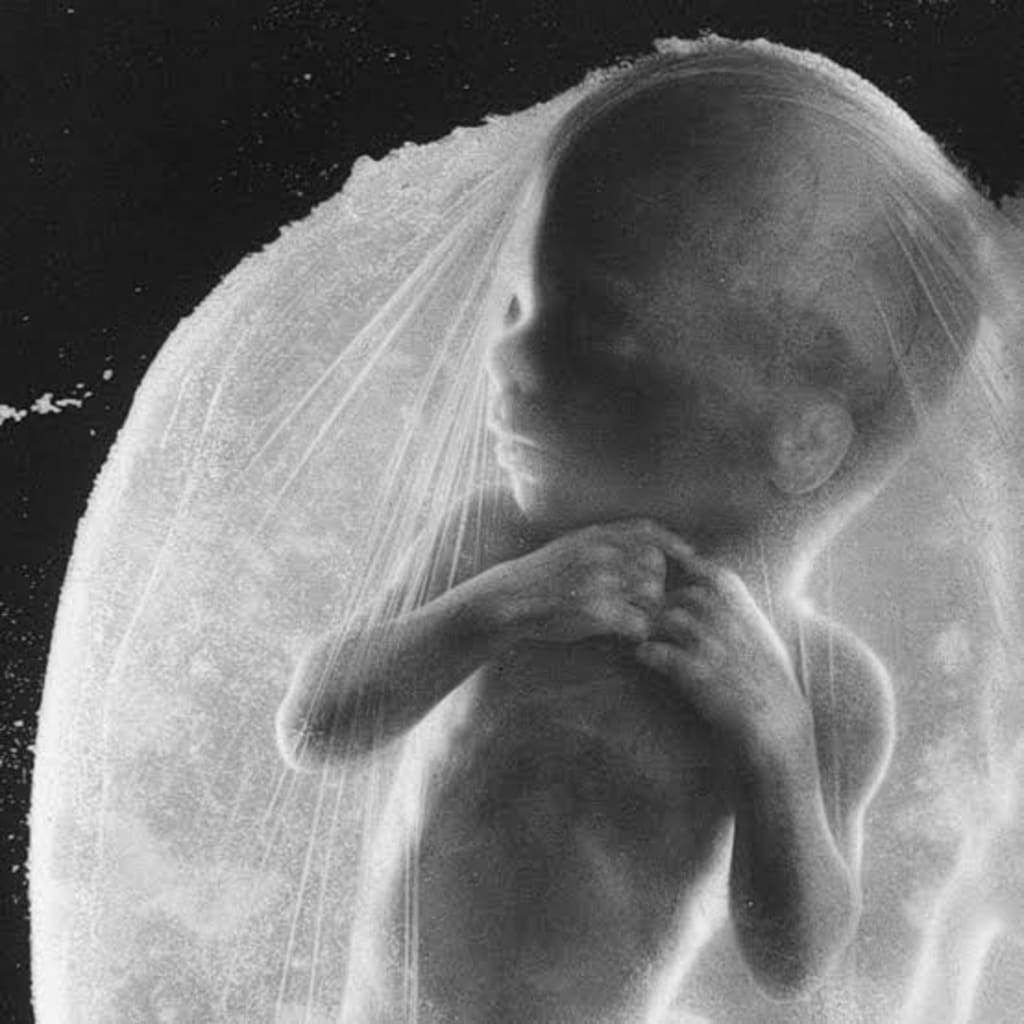Unveiling the History of the Unborn
A Journey through Time

Introduction:
The concept of the unborn has fascinated humanity since time immemorial. Whether considered as potential life, future generations, or a symbol of hope, the unborn hold a unique place in our collective consciousness. This article takes you on a captivating journey through history, exploring how different societies and cultures have perceived and valued the unborn.
Ancient World:
In ancient civilizations, such as Mesopotamia, Egypt, and Greece, the unborn were often associated with concepts of fertility, divine intervention, and continuity of the family lineage. The unborn represented the promise of the future, and pregnant women were revered for their role in ensuring the survival and prosperity of their societies.
Religious Perspectives:
Religious traditions across the globe have shaped attitudes towards the unborn. In many belief systems, the unborn hold sacred significance. In Hinduism, the unborn are believed to possess a soul, beginning their spiritual journey even before birth. Similarly, in Christianity, the unborn are considered as precious and protected lives, with the belief that every individual is uniquely formed in the image of God.
Legal and Ethical Dimensions:
The status of the unborn has been a subject of extensive debate throughout history. In ancient Rome, for instance, the unborn were not considered legal persons until a certain stage of development, while in other cultures, the unborn were granted legal protection from conception. These varying legal and ethical perspectives continue to influence contemporary discussions surrounding reproductive rights, abortion, and the rights of the unborn.
Scientific Advancements:
Advancements in scientific knowledge and technology have played a significant role in shaping our understanding of the unborn. In the 17th century, the invention of the microscope allowed scientists to observe and study embryonic development, unraveling the mysteries of life's beginnings. Over time, disciplines such as embryology and genetics have provided us with deeper insights into the complex processes that occur during prenatal development.
Emergence of Reproductive Rights:
In the 20th century, reproductive rights emerged as a focal point in discussions related to the unborn. The advent of contraception, followed by legal battles concerning abortion, sparked intense debates worldwide. These debates often revolved around questions of bodily autonomy, women's rights, and the moral status of the unborn, reflecting society's evolving values and attitudes towards reproduction and family planning.
Ethical Dilemmas and Medical Advances:
With advancements in medical technology, ethical dilemmas surrounding the unborn have become more intricate. Prenatal diagnostic techniques, such as ultrasound and genetic testing, have offered unprecedented insights into the health and development of the unborn. This has raised complex ethical questions, including selective abortion based on genetic conditions, the viability of premature infants, and the role of medical intervention in preserving the life and well-being of the unborn.
Contemporary Perspectives:
In today's world, discussions surrounding the unborn continue to be multifaceted, encompassing medical, legal, ethical, and cultural dimensions. Various viewpoints coexist, ranging from those advocating for strict legal protections of the unborn to others who emphasize a woman's right to make decisions regarding her own body. These debates reflect the diversity of opinions and the ongoing search for a balance between the interests and rights of both the pregnant individual and the unborn.
Conclusion:
The history of the unborn is a tapestry woven with threads of cultural beliefs, religious doctrines, legal frameworks, and scientific advancements. Throughout time, societies have grappled with the moral and ethical implications of the unborn, navigating the complexities of reproductive rights and the sanctity of life. As we move forward, it is essential to engage in thoughtful and respectful dialogues that acknowledge the multifaceted nature of this topic, fostering a deeper understanding of our shared humanity and the delicate balance between personal autonomy and the protection of potential life.
About the Creator
Enjoyed the story? Support the Creator.
Subscribe for free to receive all their stories in your feed. You could also pledge your support or give them a one-off tip, letting them know you appreciate their work.





Comments (1)
Amazing